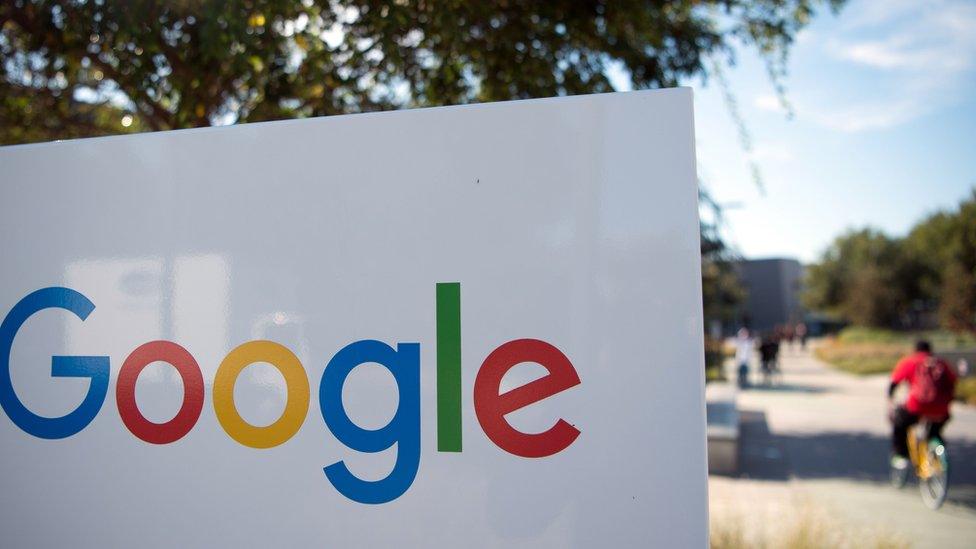Google clamps down on ticket scammers
- Published
- comments

Google says it will apply the new policy globally
Google has announced tough new restrictions on ticket resellers, in an effort to combat fraud.
From January resellers will need to be certified by Google, external before they use its AdWords service, which allows people to pay for prominent listings in its search results.
The sellers must also disclose that the prices they charge may be higher than the face value.
Google said the changes were intended "to protect customers from scams".
They will target fraudsters who set up temporary websites selling non-existent tickets and who pay for a prominent slot on Google before disappearing with fans' money.
But the rules also tighten up restrictions on secondary ticketing websites - who are often listed on Google ahead of official sellers, even when the original event isn't sold out.
This has often caused confusion for consumers, with Swiss-based firm Viagogo coming in for particular criticism after posing as an "official" outlet in search listings - despite selling second-hand tickets.
Google's updated policy says sites like Viagogo, as well as StubHub, Get Me In and Seatwave, must make it clear they are resellers, rather than primary agents.
From March 2018, the company will also require certified resellers to post the face value of the tickets along with the reseller's price.
In the UK, this is currently a requirement under the Consumer Rights Act - but many companies have struggled, or been unwilling, to comply with the rules.
Campaign group FanFair Alliance, which calls for greater regulation of the secondary ticketing market, welcomed Google's clampdown.

Ed Sheeran fans were targeted by secondary ticketing sites when his tour went on sale
"This is a hugely welcome move, with potential to make the ticket-buying process far less complex for consumers," it said in a statement.
The group said recent research showed "a significant proportion of would-be ticket buyers use Google to find tickets", a fact that secondary ticketing sites exploit by paying for higher search rankings.
"At best, such marketing practices could be construed as misleading - with music fans systematically directed towards dedicated ticket touts listing above-face value tickets, even when primary inventory is still available from authorised sellers."
Google's move comes three months after MPs criticised the search engine for promoting touts through its AdWords services.
"This throws up an important issue for Google - they are making money out of this process," said Damian Collins, chair of the culture, media and sport committee.
"They must act against ticket touts, it's a clear breach of their guidelines."
Ed Sheeran's tour promoter also criticised Google after adverts pointed fans towards Viagogo, where tickets for the singer's tour were being sold at inflated prices.
"Google needs to bow to pressure and stop taking money for tickets which are sold on the secondary market," he told Radio 4 earlier this year.

Follow us on Facebook, external, on Twitter @BBCNewsEnts, external, or on Instagram at bbcnewsents, external. If you have a story suggestion email entertainment.news@bbc.co.uk, external.

- Published21 November 2017
- Published10 July 2017

- Published22 September 2017

- Published21 March 2017
